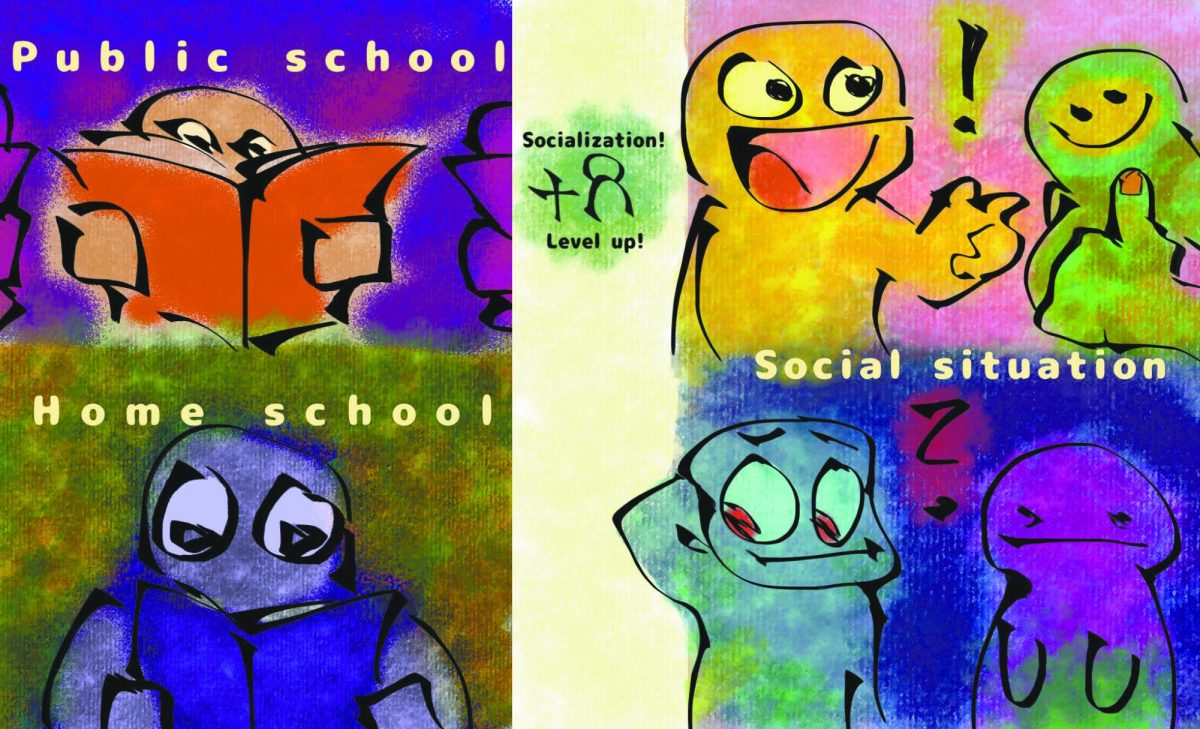Powerlifting is a club, but to some it should be considered a sport. I think that students involved in powerlifting should be recognized as athletes. Powerlifting is an activity that takes commitment, time, and perseverance that most people don’t take the time to recognize. Students involved train multiple days a week, like most athletes. If this club was recognized by more students within the school, there might be a possibility of it becoming a sport. Gaining popularity might be the “buzz” powerlifting needs. The key reason why powerlifting is not a sport is because it isn’t approved by the National School Activities Association, also known as NSAA. In order for a sport to be recognized in Nebraska, it has to be approved by the NSAA. Powerlifting, unfortunately, has not been, though sports such as football, basketball, and softball are. Powerlifting has been a sport in the Olympics since 1920. Many athletes have won medals from this. These people have been recognized by people globally for their sport. It doesn’t make sense to have powerlifting a sport on the Olympic level but not on the high school level.
Though it isn’t the official name, powerlifters should be named athletes. Powerlifting requires just as much physical activity as “official” sports like track, volleyball, or basketball. In fact, I think that it requires more effort than most high school sports. This is considering the mental and physical challenges. Powerlifters at Bellevue East train four times a week, an hour a day. Practice starts by stretching and foam rolling. Dynamic warm-ups and coordination practice follows. They are given a workout based on if it is an upper body, lower body, or pre-meet day. Students active in powerlifting are expected to show up to workout everyday in order to compete in meets. Meets are vital if powerlifters want to be recognized by colleges. Many lifters enjoy meets because it is the perfect opportunity to show-off the endless hours of work put in initially.
In the amount of time it takes them to train and see progress, most people would quit. This amount of perseverance is unmatched. These student athletes take the time to do the exercises they are given properly because they know that the outcome is worth it. Unlike some student athletes who don’t give enough effort in an expanded amount of time. They train just as much, and maybe even more, than most students do for their sport. It is difficult to see things through especially if they take time. Powerlifters might not see progress right away, but they continue to persevere throughout the season. Perseverance is a great quality to have as a student-athlete. Many athletes develop perseverance throughout their athletic career. Powerlifters quickly gain this trait during the season.
Since powerlifters clearly put in the athletic work and effort, why aren’t they considered athletes? Students that participate in other athletic activities every day after school such as track practice are considered athletes, but despite powerlifters doing the same, they are not given the same title. Though not being approved by the NSAA, powerlifters still deserve to use the title “athlete”. This may not be a huge deal to some, but to others it may effect the way they perform. Not being called an athlete could mean not receiving proper recognition from other students, parents, and spectators. To most people, being a part of a club might not be as “important” as being active in a sport. Sports receive more recognition from students school wide, though clubs do not.
Being called a club means receiving less popularity. If powerlifting was considered a club and the lifters were titled athletes, then there would be a chance of gaining popularity. If powerlifting was better-known, maybe it could be approved by the NSAA. Being approved by the NSAA could increase recognition from colleges. Lifters interested in continuing their path to professional powerlifting want to be properly recognized by colleges. Powerlifters deserve to be called athletes, even if it isn’t official (yet).


